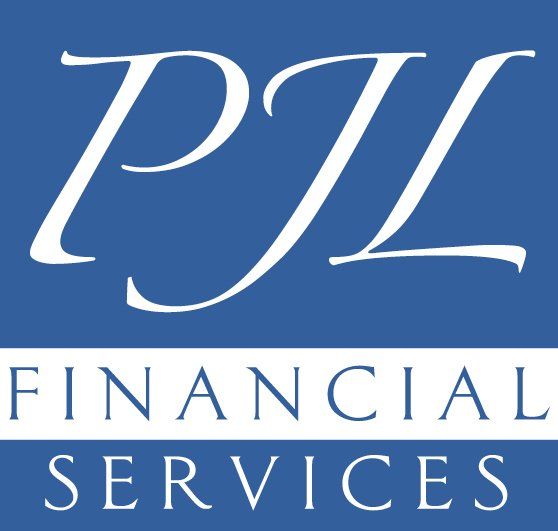The Information Hub
Using carry-forward to boost your pension contributions
Contributing regularly into a pension has many benefits however many individuals put off their retirement planning until later in life due to other financial commitments at that time such as obtaining a deposit for a home, raising a family or education costs. Generally, the earlier you begin saving into a registered pension scheme, the greater the opportunity your investment has to grow to ultimately provide a larger pot to use in your retirement.
You may be at the point in life where you are considering making a lump-sum payment into your personal pension or employers pension to ensure you are on track with your retirement planning, and this is generally advisable particularly if you are forecast to have a lower pension than you desire. What makes it even more attractive is the tax-relief that you may receive on contributions into your pension.
However, since the Pensions Act 2006, you have an annual limit which runs each tax year for which you can make pension contributions and still recieve the tax relief. It is called the ‘Annual Allowance’. Assuming you are under 55 years of age or yet to access any of your existing pensions flexibly, this is limited to £40,000.00 which is the maximum gross contribution each tax-year you can make or the total of your relevant income for the tax year, whichever is lower.
For a basic-rate tax payer, that equates to a personal contribution of £32,000.00 or for a higher-rate taxpayer just £24,000.00 and while this is generally sufficient for most individuals, you may be seeking to make a larger lump-sum contribution. The goods news is that you may be eligible to use ‘Carry Forward’:
- Carry-forward allows you to use your previous tax-years unused annual allowance of £40,000.00 to increase your contributions in the current tax-year
- You can carry-forward up to three tax-years prior, therefore you could make a gross contribution of up to £160,000.00 in a single tax-year by utilising this method subject to having sufficient ‘relevant income’ this tax-year
Importantly, HMRC state exactly what is deemed to be ‘relevant income’ where items such as employment income or self-employed income are included within this definition however, dividends which many Directors may choose to pay themselves as their main renumeration package due to the potential income tax and National Insurance savings are not deemed to be relevant income and do not count towards your carry-forward calculation.
We believe it is important to regularly review your retirement plans to ensure they remain on-track and carry-forward is one method that may be available to you in order to get your pension planning back on track.
If you would like to learn more about this subject or require Independent Financial Advice from our local, experienced and friendly team, please feel free to contact us on 01788 57 11 22.
The information provided is based on our current understanding of the relevant legislation and regulations and may be subject to alteration as a result of changes in legislation or practice. All references to taxation are based on our understanding of current taxation law and practice and may be affected by future changes in legislation and the individual circumstances of the investor.
PJL Financial Services Limited are authorised and regulated by the Financial Conduct Authority.
Your home may be at risk if you do not keep up repayments or other loans secured against it.












